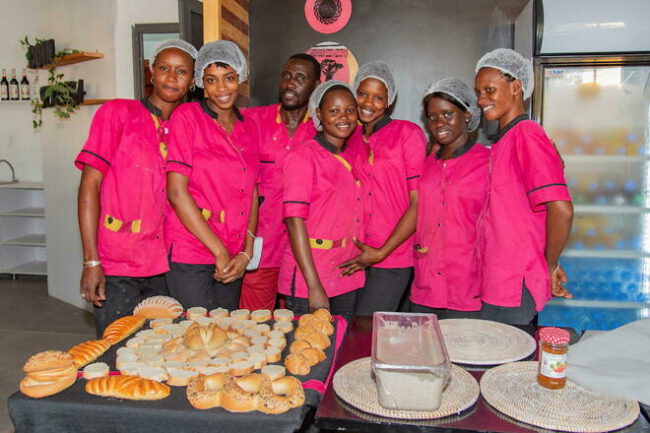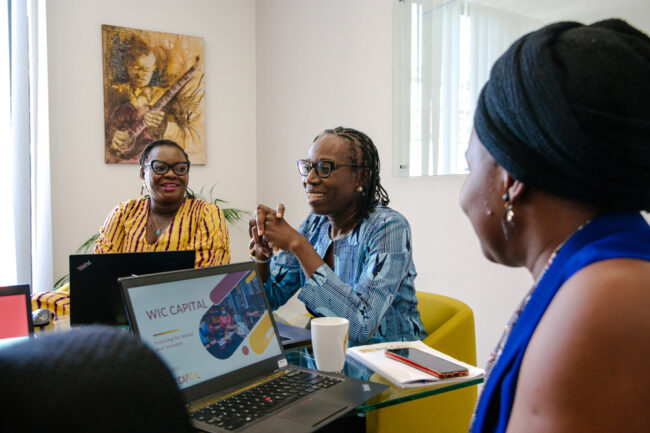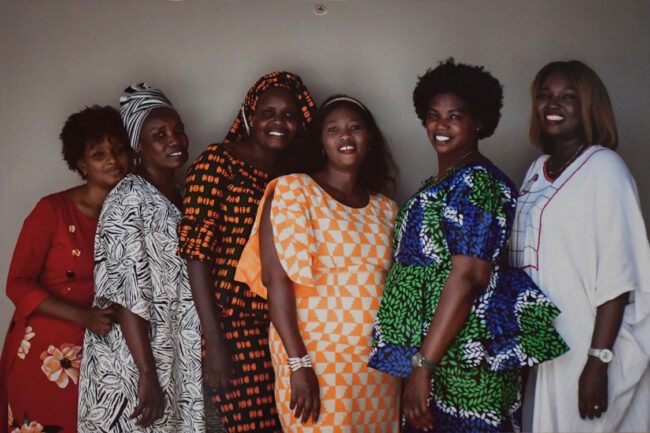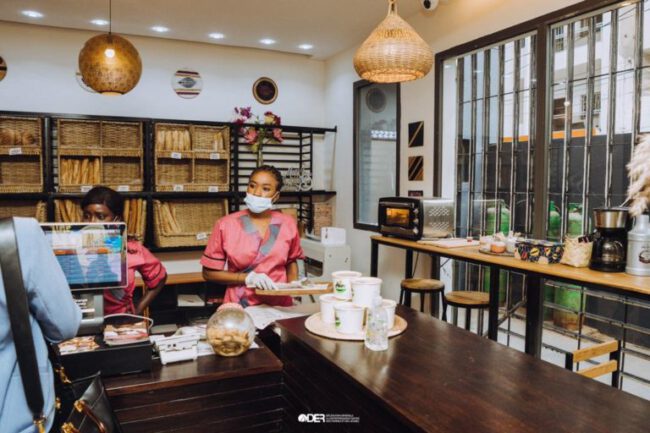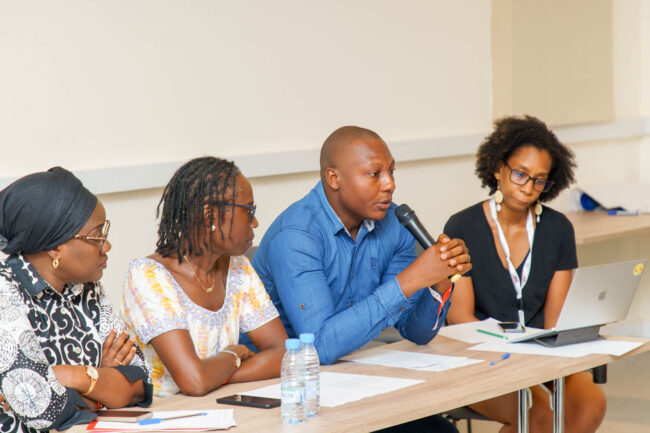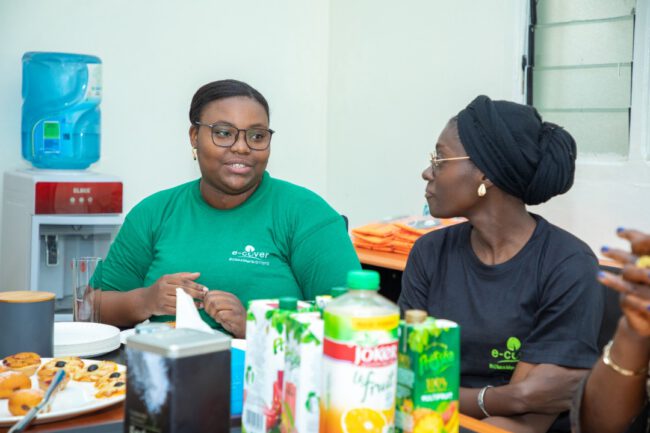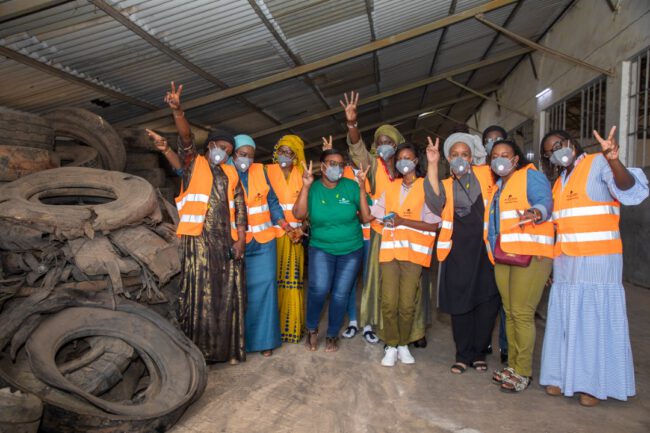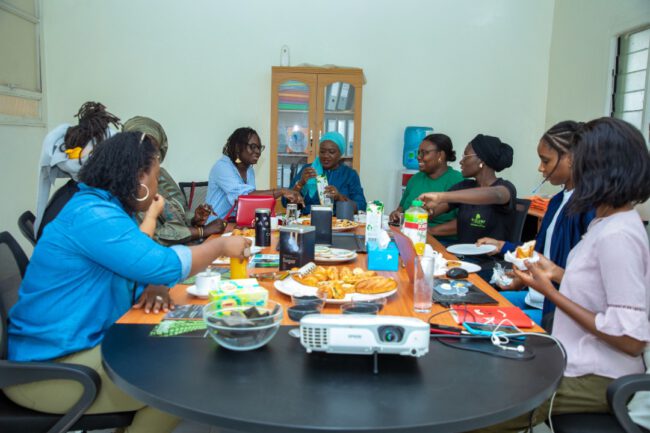WIC Capital is a local capital provider that seeks to unleash the growth potential of women led businesses by providing adequate capital, technical assistance and business networks. By providing this access, we improve the supply of productive, decent jobs to the youth.
Note: Our funding agreement with WIC Capital concluded before the project’s completion. However, we are excited about the progress made and look forward to seeing continued success and impact in the future.
The Problem
In Senegal, women entrepreneurs face issues gaining access to capital and technical assistance. Small, informal women-led businesses are still perceived as risky by traditional capital allocators.
In a COVID-19 era, inequalities, especially gender-based inequalities have increased. Most capital providers (investment funds) are focusing on their existing portfolios. Even measures taken by African governments to encourage credits (partial guarantees to the banking sector) will not reach women-led businesses, who were not eligible for this funding before the crisis. Furthermore, access to good quality, affordable childcare is one of the major inhibiting factors for women joining the workforce.
Young people in Senegal also face the following challenges in terms of accessing the job market:
- Supply of jobs largely inferior to demand
- Underemployment and low productivity jobs:
- Informality, with only 7,8% of the active population have formal jobs:
- Lack of skills of young entrepreneurs, access to finance and business networks, need for mentorship
The Solution
To address the issues that women entrepreneurs face in Senegal, we have adopted an integrated approach:
- The WIC Académie, the technical assistance program that was set up by WIC Senegal in 2020, provides pre investment support to get the targeted businesses investment ready;
- WIC Capital provides adequate patient and smart capital (use of self-liquidating instruments),
- The WIC Académie continues to provide business support to the fund’s portfolio, linking the investees to its network of advisors and mentors (WIC members).
This integrated approach is designed to derisk the portfolio and boost the funds’ returns. And while doing so, it allows us to develop a portfolio of strong women-led small and growing businesses that will:
- increase their level of structuration and formalization;
- significantly increase their sales and notably their export volumes, allowing them to scale up;
- create formal jobs at scale, therefore boosting the development of the Senegalese, Ivorian and, more broadly, West African economies.
Thanks to our investments, Senegalese SMEs are able to scale, creating a wide variety of jobs, therefore meeting the aspirations of the youth that can be summarized in accessing decent jobs. The jobs that we create cover all aspects of the HR needs of a company and a wide skillset. These are formal jobs (with the goal to have 100% open-ended contracts), with adequate benefits: salaries that are much higher than the national SMIG, health insurance and retirement pensions.
We meet youth expectations by intentionally including the following solutions in our ethos:
- With 300k young people entering the job market every year, WIC Capital creates job supply and explicitly targets companies that have the potential to create a significant number of new jobs or improve the quality of jobs at the national level. This is evidenced by our existing portfolio that generates 50 jobs on average per company;
- We target companies that promote policies and procedures that unleash, create, strengthen, adapt and preserve the capabilities of their employees over time. Our investees will not only create quality employment but also provide internship opportunities for the youth, which addresses any lack of experience which prevented access to quality jobs;
- We foster the creation of permanent jobs through open-ended contracts;
Finally, we target businesses that have an inclusive recruitment policy, which promotes the employment of women. Indeed, our portfolio comprises 65% female employees, with women having a higher average monthly salary than their male counterparts with many occupying senior leadership roles in these companies.
Additionality
CFYE grant will allow WIC Capital to raise a total fund of USD 20 million and generate 2500 jobs through the 50 target portfolio companies (target portfolio size for the period going from 2020-2026). Indeed this will grow the first loss tranche of the fund, which is key in mobilizing local capital.
The grant will also help set up a local actor that will prove that gender lens investing is profitable and is less risky than perceived and that will therefore continue to exist and generate jobs long after the program.
